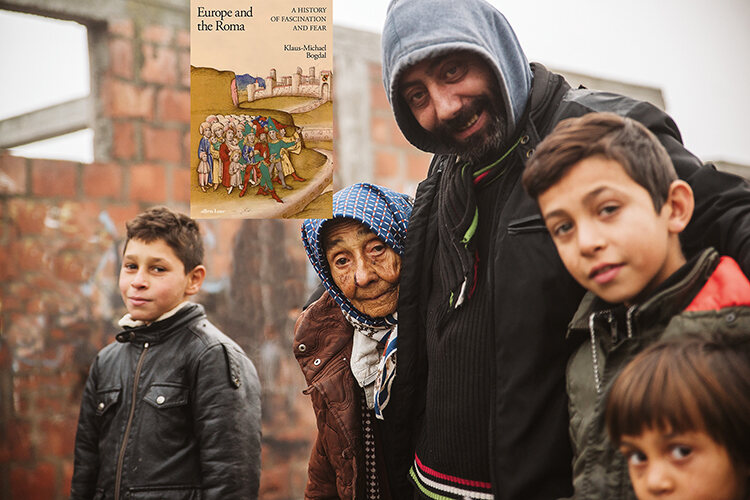
Klaus-Michael Bogdal explains the fascination and fear of the Romani presence in Europe and asks what has led to this hatred over six centuries
By
The unknown is a prime cause of fear. It may be what awaits at the end of that dark alley or the results of a cancer screening. When we discover that the alley leads to a brightly lit bus stop or the doctor delivers the all-clear, our fear dissipates into a sense of relief.
Yet for many, the people known as the Roma, not an unfamiliar sight in European countries, remain a source of apprehension and mistrust. Klaus-Michael Bogdal takes on the task of explaining the ‘fascination and fear’ that have marked Europeans’ response to the Romani presence.
From their arrival in Europe during the late Middle Ages to the present day, the Roma have routinely suffered rejection in every society in which they’ve settled, from Spain and southern France to much of Central Europe. The author poses the uncomfortable question of how the Roma could have engendered so much scorn, and indeed hatred, in these countries over the course of six centuries.
We’re again drawn to the unknown. There isn’t a single Roma document, not a scrap of cloth or shard of pottery, to bear witness to their arrival in Europe. Bogdal finds it remarkable that these people, who migrated from Asia to Europe, first became visible when European societies, after huge and violent upheavals, began to understand themselves as modern, ordering systems prepared to slaughter human beings as purported hindrances. There are ample references to the Nazis’ attempt at wholesale eradication of Romani people.
The mere existence of the Roma has been perceived as an ever-present threat. To this day, co-existence with the Roma is largely considered impossible in modern European society. Thus the symbolic representation of Romani peoples, the images made of and stories told about them, play a more important role in determining their place in society than any ethnicity per se.
The author puts forth the argument that parallels can be drawn with the contemporary reaction to African and Arab migrants arriving on European shores. The sense of general threat is translated into a conviction that there can be no co-existence with a people perceived as alien, once again raising the fear of the unknown.




